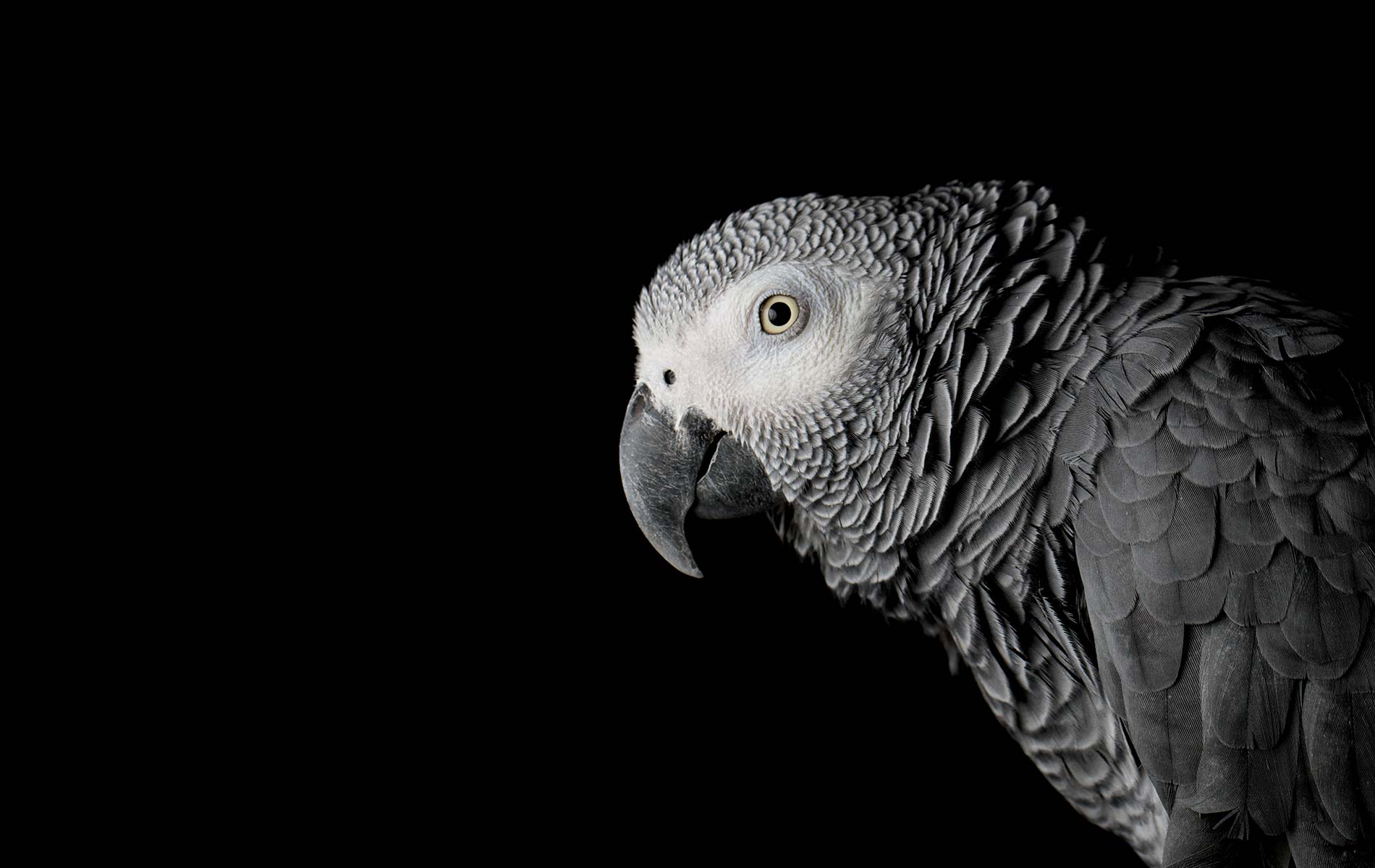
vie-magazine-parrots-feature
Ten Reasons You Shouldn’t Get a Parrot
Story and Photography by Bill Weckel
To say that I love parrots—and birds in general—would be a gross understatement. I’ve lived with birds for the majority of my life, and they’ve brought a quality to my life that I think only a close relationship with one of the most intelligent animal species is capable of providing. The depth and intensity of the bond that forms between a parrot and its keeper is unrivaled by any other pet.
I’m the person everyone calls when they’re considering getting their first bird. Unfortunately, I’m also the person everyone calls when they can no longer tolerate or care for their parrot. My own doctor even unloaded a macaw on me during an office visit—and he still charged me for the visit.
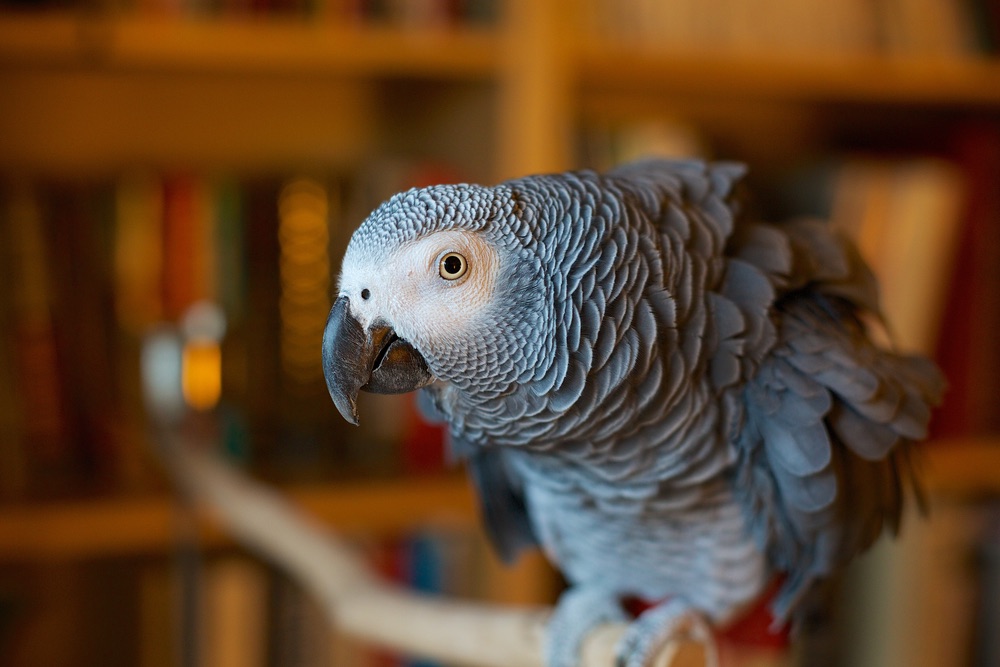
I’ve been asked at least a thousand times, “I want a talking parrot—which one should I get?” My answer is short, unexpected, and always the same: none.
It’s hard not to come off sounding like a snob who’s part of some exclusive club that others aren’t qualified or welcome to join. But the fact is most people aren’t informed enough to make this life-altering decision. They don’t know what they’re committing themselves, their family, and most importantly, the bird to.
I tell them that parrots are intelligent, affectionate, sensitive, and complex animals that can make rewarding companions. They aren’t fashion accessories, home decor, or animatronic talking novelties. If you want a splash of color for your home, buy a nice painting of a parrot. If you want to impress your friends, put in a heated pool.
When someone’s determined to keep a parrot (and I say keep—you don’t “own” a parrot), I assail the prospective owner with at least ten reasons why a parrot is going to make life a living hell. Here are a few:
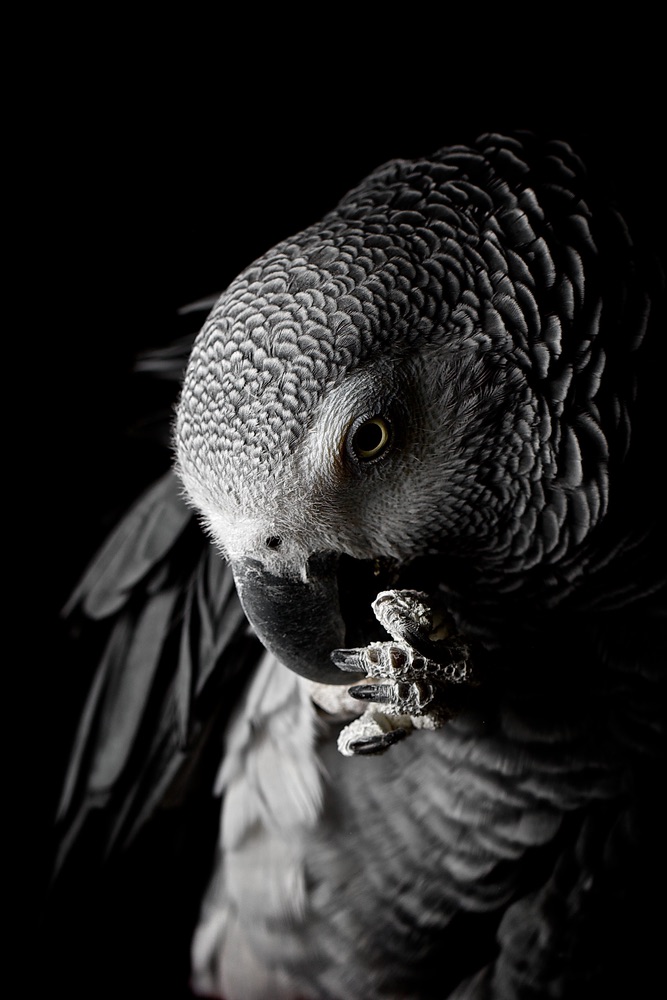
Reason #1: Parrots are noisy.
They are extremely loud. Want to have a quiet night on the couch watching a movie? Forget it. Want to sleep in on a Saturday morning? Nope. Need to have an important phone conversation? You get the idea. Just like humans, once a bird learns how to talk, it doesn’t stop. There is no “OFF” switch. And it’s not just talking. It’s screeching, singing, whistling, barking, meowing, and every other sound they’ve ever heard, repeated perpetually.
I lived next door to a fire station from 1994 to 1996. Twenty years later, my African gray still relives the alarm calls. He’s since embellished the original fire engine sirens with “Somebody call a cop!” screamed over and over. Funny, right? Yeah, it’s hilarious at six on a Saturday morning.
A parrot will drive you, your family, and your neighbors completely insane. The parrot will be blamed for making everyone’s life miserable, and you will be blamed for bringing the parrot home.
A parrot is a member of a flock. Parrots are prey and the flock provides collective safety. Their day begins at sunrise with calls to confirm that the flock is still nearby and intact. In your home, you and your family are the flock, and they need to know that you’re still around. So they do not stray too far from their flock, they continue their calls, albeit at an abated frequency, throughout the day as they forage for food. Near dusk, the calls become louder and more frequent as the flock reassembles to roost for the night. Their calls, particularly those from large birds like macaws and cockatoos, can be heard for miles. The decibel levels these species are capable of are on a par with jet engines and Who concerts.
Your parrot isn’t vocalizing to annoy you: to your bird, it’s literally a matter of life and death. You are not going to “correct” hundreds of thousands of years of highly developed instinctual survival skill.
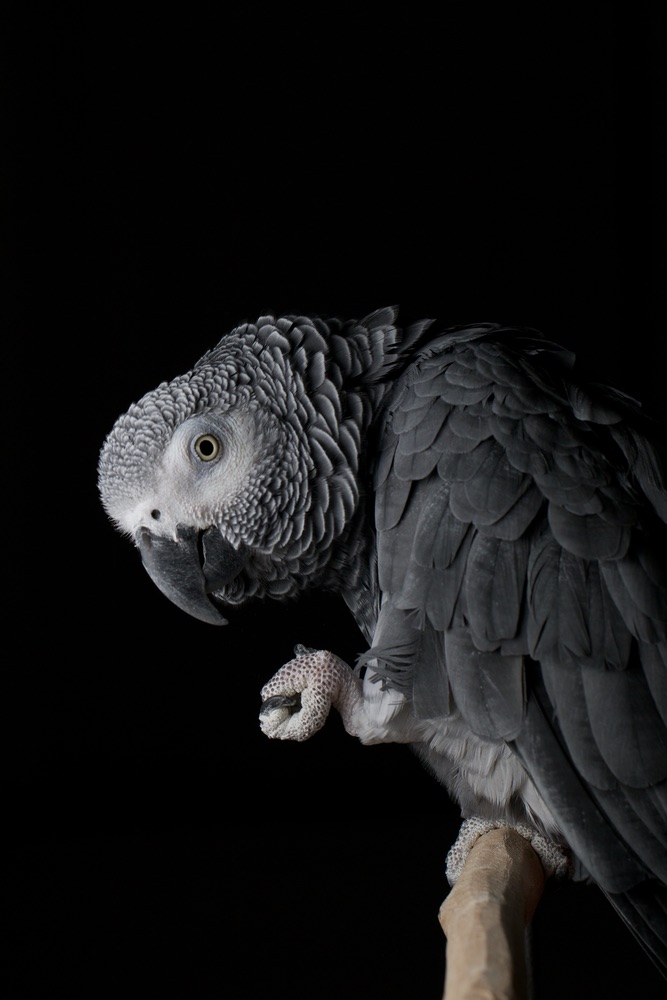
Reason #2: Parrots are wild animals.
Parrots are, genetically, one foot out of the jungle. Unlike dogs, which humans have domesticated, a parrot’s DNA has not been altered through selective breeding to develop traits that are ultimately beneficial to humans. Take everything you know about dogs and forget it. None of it will apply to keeping a parrot or helping you understand its motivations and behaviors.
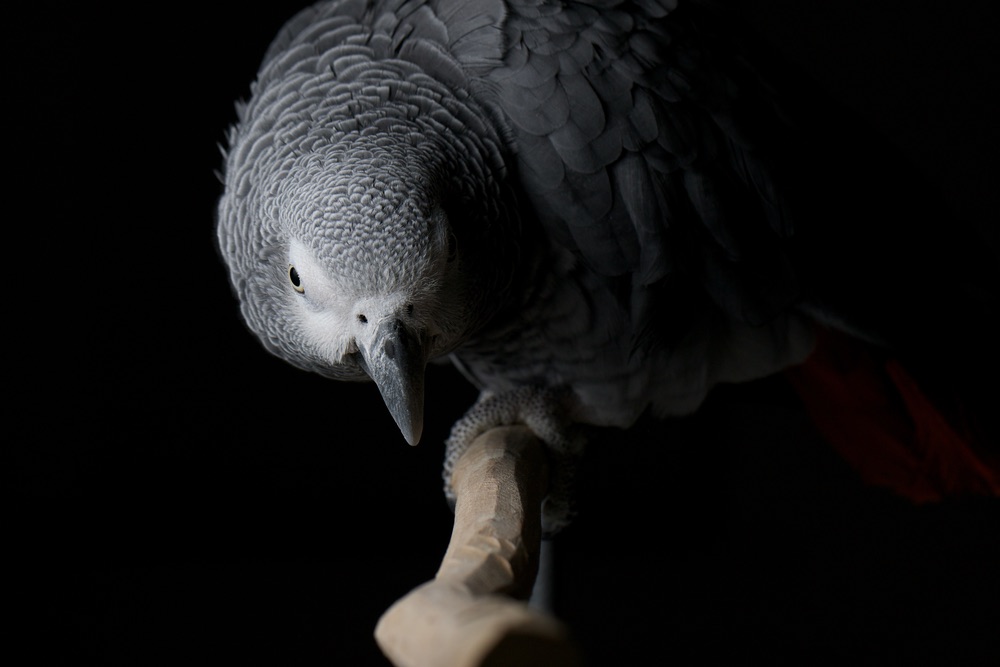
Reason #3: Parrots live forever—almost.
Parrots live a really, really long time. Sixty or seventy years is not uncommon. Keeping a parrot is a lifelong commitment. How old are you? Who will take care of your parrot when you pass? What will happen to the parrot when you, the person with whom the parrot has formed a lifelong pair bond, are suddenly gone?
Reason #4: Parrots are messy.
Parrots come from an environment where food is abundant and there is no practical need to conserve the food they’re eating. It’s more efficient for them to take a few bites from a piece of fruit, drop it to the forest floor, and pluck a new piece from the branch than it is to judiciously reduce the fruit to its core. By spreading seeds this way, they serve the purpose of propagating tree and plant growth. Now picture the floor of your home replacing the forest floor, and you should have a pretty good idea of what it would be like.
Parrots also spend countless hours each day preening—removing small feathers and shedding the dust they create. All parrots create a fine mist of dust that will quickly coat every surface in your home, and it’s a lot of work to keep up with cleaning it. Large parrots create more dust, and some species, particularly the cockatoos, create copious amounts of it. If you’re an OCD clean freak, this is not the pet for you.
Reason #5: Parrots are needy.
Parrots require and will demand from you an enormous amount of attention and affection. The great majority of parrots and many other species of birds are monogamous and bond with their mates for life. This bond is incredibly strong and deep and is only broken when one of the birds dies. The pair is inseparable. They spend hours each day preening each other and cuddling. They need to be physically close to their mates.
In captivity, you’re the parrot’s mate. I’ve had many dogs and many parrots. The intensity, frequency, and consistency of affection that a parrot will lavish on you make “man’s best friend” seem distant and aloof.
If you are unavailable or unwilling to give and receive this attention and affection, the parrot will become distressed. This distress will manifest itself in very unpleasant behavior. The parrot will scream to get your attention, become aggressive and often violent toward you and your family members, and in the most extreme cases of emotional neglect, will mutilate and/or starve itself.
Reason #6: Parrots are emotional.
Just like you, they have good moods and bad moods. Parrots have the estimated emotional maturity of a two-year-old human, and we all know what two-year-olds are like: terrible. We tolerate the “terrible twos” because we know it’s a stage and it will pass. But with parrots, it’s not a stage and it will not pass. Now is a good time to reread Reason #1.
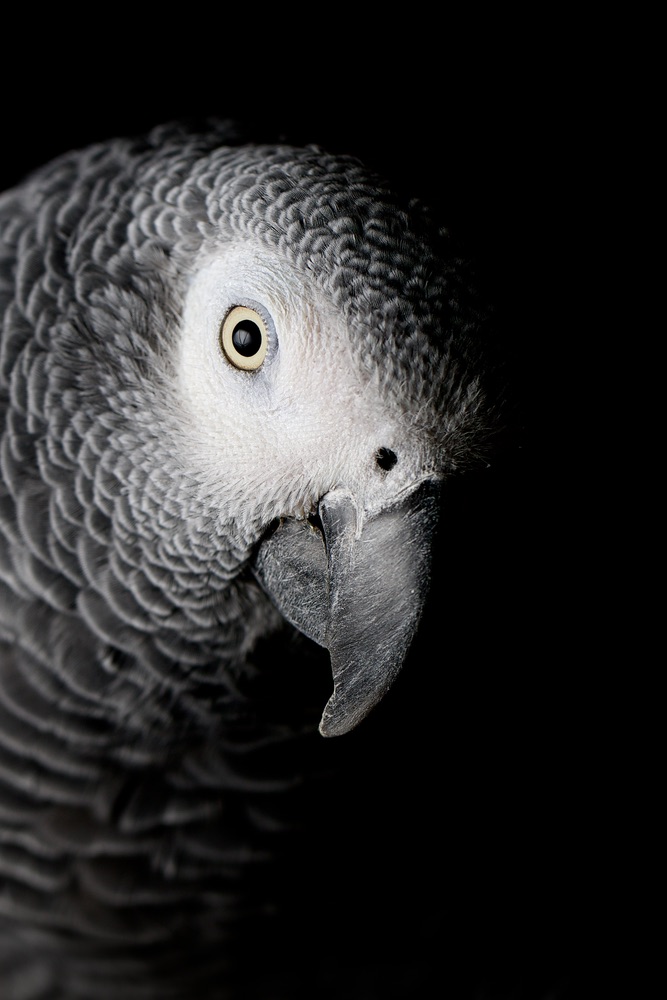
Reason #7: Parrots are smart.
Parrots are highly intelligent—on par with apes and dolphins. Some species, like the gray parrot, can possess the cognitive abilities of a five- or six-year-old human. The most intelligent dog breeds, such as border collies and poodles, are (optimistically) on par with a two-year-old. Intelligence is a good thing, right? Parrots can solve complex problems, use tools, and use human speech, in context, to communicate with you.
Those aren’t problems. The problems come when you combine the cognitive abilities of a six-year-old with the emotional immaturity of a two-year-old. This can be the making of a nightmare and needs no further explanation.
Reason #8: Parrots are destructive.
Parrots have no hands. They interact with and manipulate their environment with their beaks. Like human hair and fingernails, parrot beaks are always growing. A parrot maintains this all-important tool by chewing. It doesn’t care what it chews, but wood and leather apparently work well. A piece of antique furniture or hardwood molding makes a perfect chew toy and can be damaged beyond repair, usually before you can intervene.
Their powerful beaks double as weapons. In the wild, one way they tell other birds to stop doing something they don’t like is by biting. In captivity, that other bird is you or a family member.
The size of the parrot has little bearing on the amount of damage and pain it can inflict. I will choose a bite from a macaw over a bite from a gray every time. My gray has bitten right through my fingernail and struck bone. Large cockatoos have sent people to the emergency room.
To get a sense of just how strong a parrot’s bite is, try cracking a Brazil nut in your mouth. Your jaw muscle is the strongest muscle in your body. A parrot can crack a Brazil nut effortlessly.
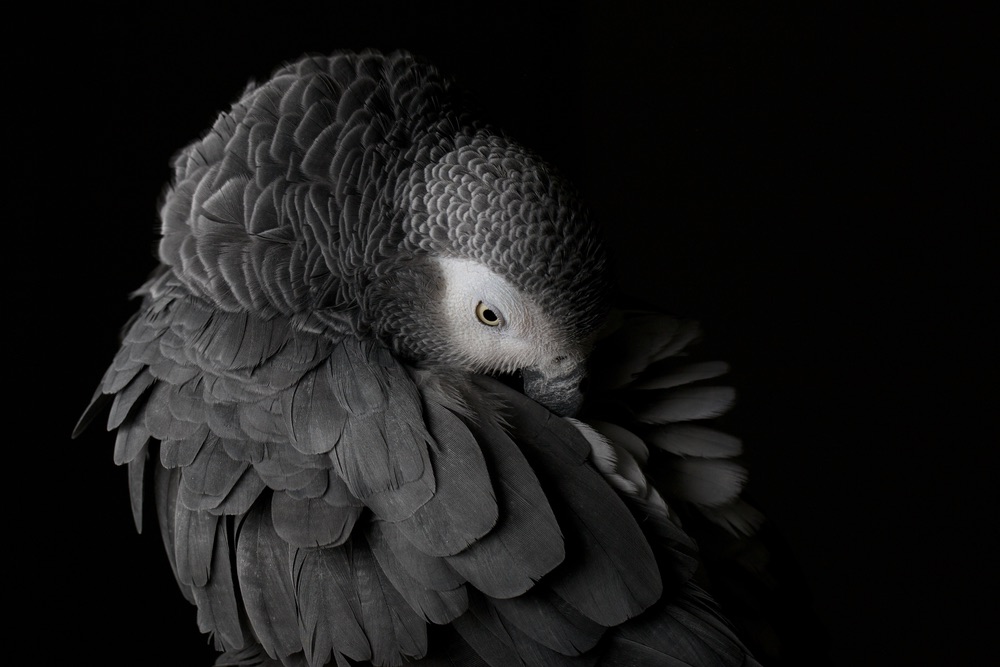
Reason #9: Parrots grow up.
This may sound like it conflicts with Reason #6. Let me explain. By “grow up,” I mean that parrots mature sexually. Your sweet, loving, cuddly little ball of feathers will someday reach sexual maturity. Its body will be flooded with hormones. Doctor Jekyll becomes Mister Hyde.
Many parrots that hit this stage become unmanageable. They may become very aggressive, and aggression in parrots means bites—unprovoked and without warning. Every case is unique, and there’s no way to tell what cards you’ll be dealt.
Some species have worse reputations than others. With my macaws, it was a complete nonissue. With my gray, it was obvious. We went through a stage when I just couldn’t trust him and for several years wouldn’t let him near my face. Fortunately, it’s all ancient history now.
Reason #10: YOUR PARROT MAY HATE YOU.
When you get a dog, you can reasonably assume that it’s going to bond with you and your family. Dogs are genetically programmed to do so, and short of a mental defect, it’s a safe bet that you and your dog will have a happy life together. Parrots don’t come with this guarantee.
For reasons you will never know, your parrot may reject you. If you live alone, and the parrot has no other options, the chances that it will tolerate you are good, but it may never fully bond with you. If you have a family, the parrot may choose your spouse or your child, and there’s nothing that you or anyone else can do about it.
I’ve lived this scenario and it’s incredibly disappointing to the rejected party. Worse, the family member it chooses may have no interest in the parrot. If it’s a son or daughter, he or she will eventually grow up and leave the home (and the parrot).
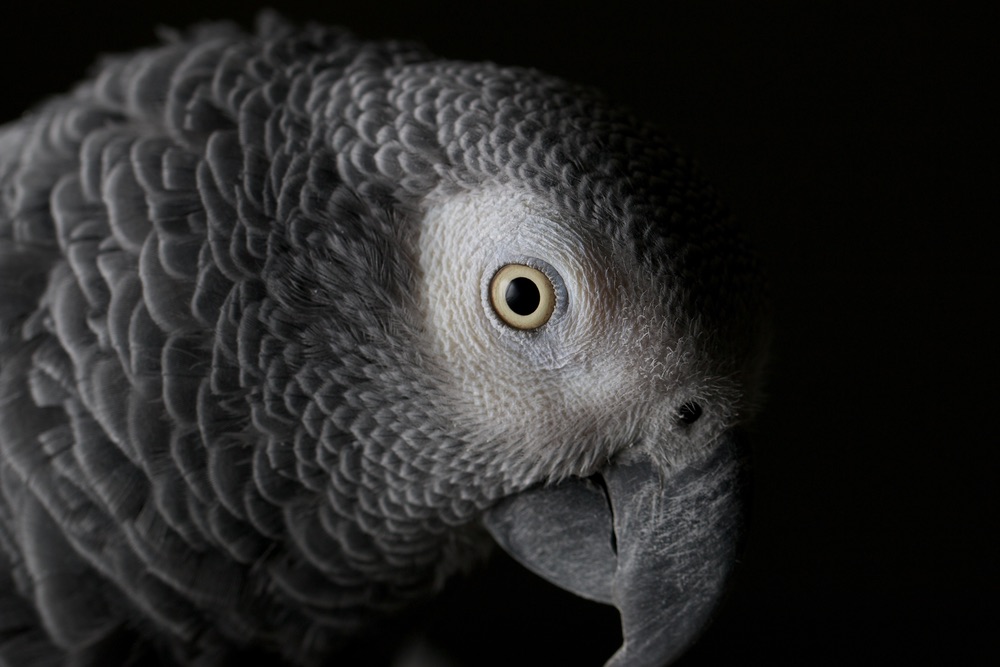
If you still think you’d like to keep a parrot, you need to ask yourself a lot of hard questions about your personality, your lifestyle, your living arrangements, and your ability to make a lifelong and profoundly life-changing commitment. Read everything you can get your hands on. Learn the personalities and the traits of each parrot species.
Spend time with people who keep parrots. Ask them questions. Most important, visit their homes, where you can witness firsthand and uncensored the good, the bad, and the ugly. Discuss it with your family. Make sure they realize what you’re about to do to their lives. Visit and talk to a bird breeder. Finally, when you’re ready to take the leap, obtain a hand-fed and socialized baby parrot that has been examined by an avian vet and screened for genetic diseases. As a first-time parrot owner, you should never purchase or adopt a previously owned parrot. There is a reason why the owner is selling or abandoning the parrot, and you are simply not equipped to deal with the bird.
If you can provide the bird with the attention, stimulation, and structure it needs and deserves, you stand the chance of experiencing one of the most enjoyable and rewarding relationships of your life. When your parrot kisses you or snuggles under your chin, it’s pure, unadulterated love. I can’t imagine a life that doesn’t include a parrot.
— V —
Bill has kept a variety of parrot species for more than thirty-five years, including large macaws, gray parrots, Senegals, conures, and lorikeets. He lives in Blue Mountain Beach, Florida, with his twenty-one-year-old gray parrot, Porkchop (pictured throughout).
Share This Story!
KEEP UP WITH THE LATEST STORIES FROM VIE
















































































































































